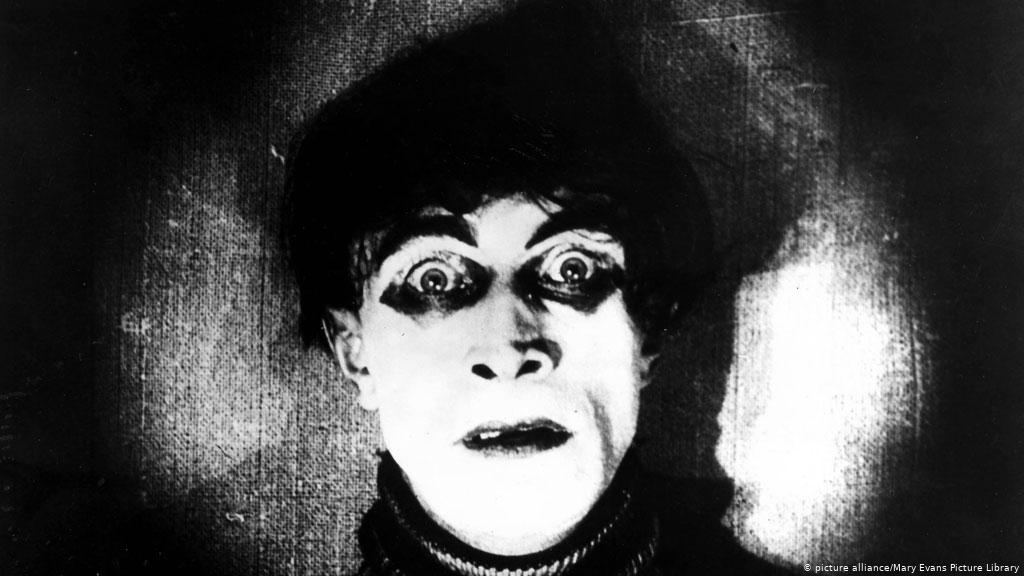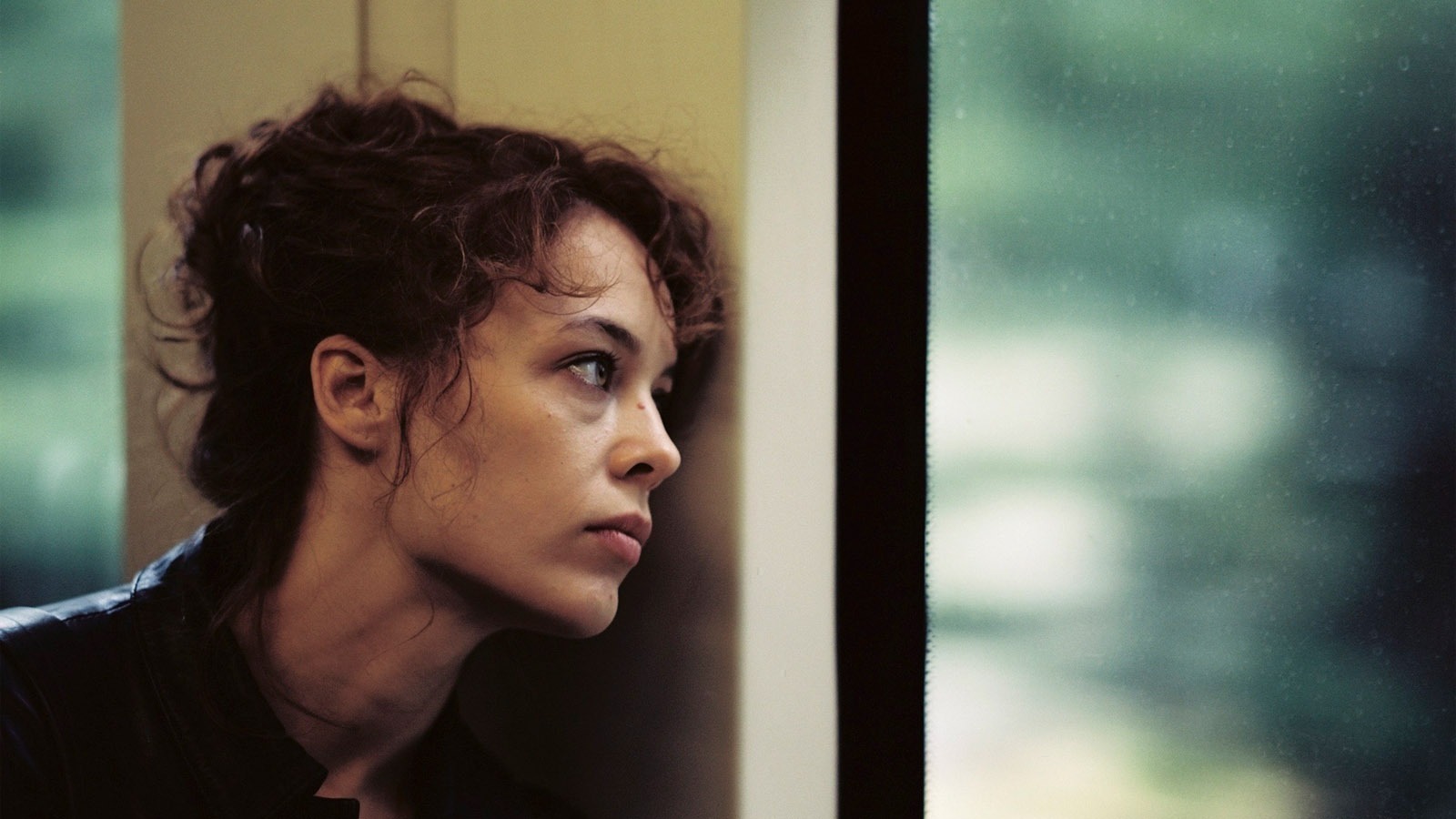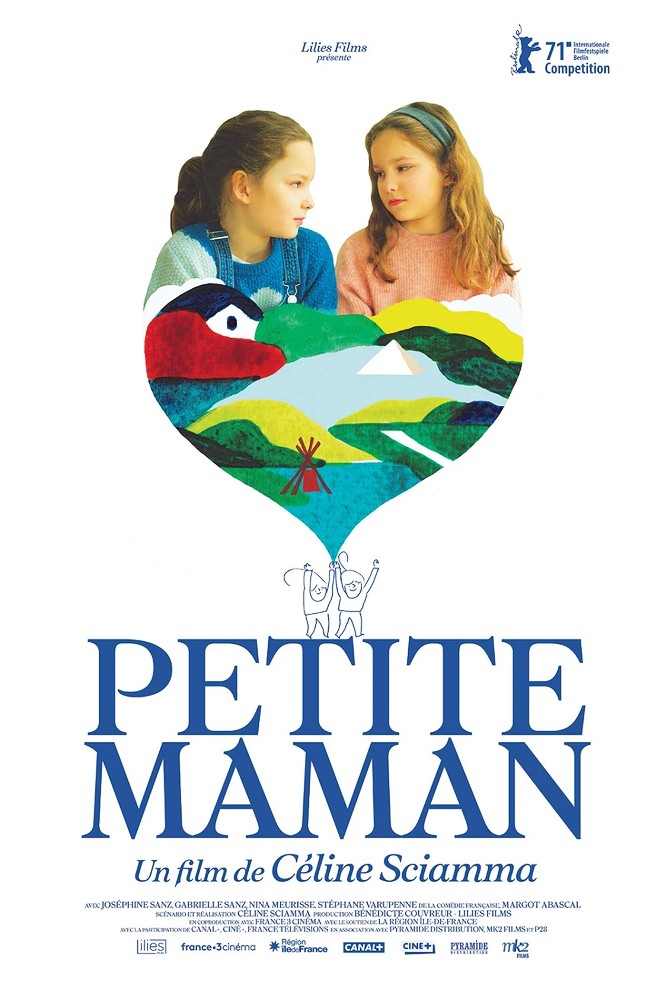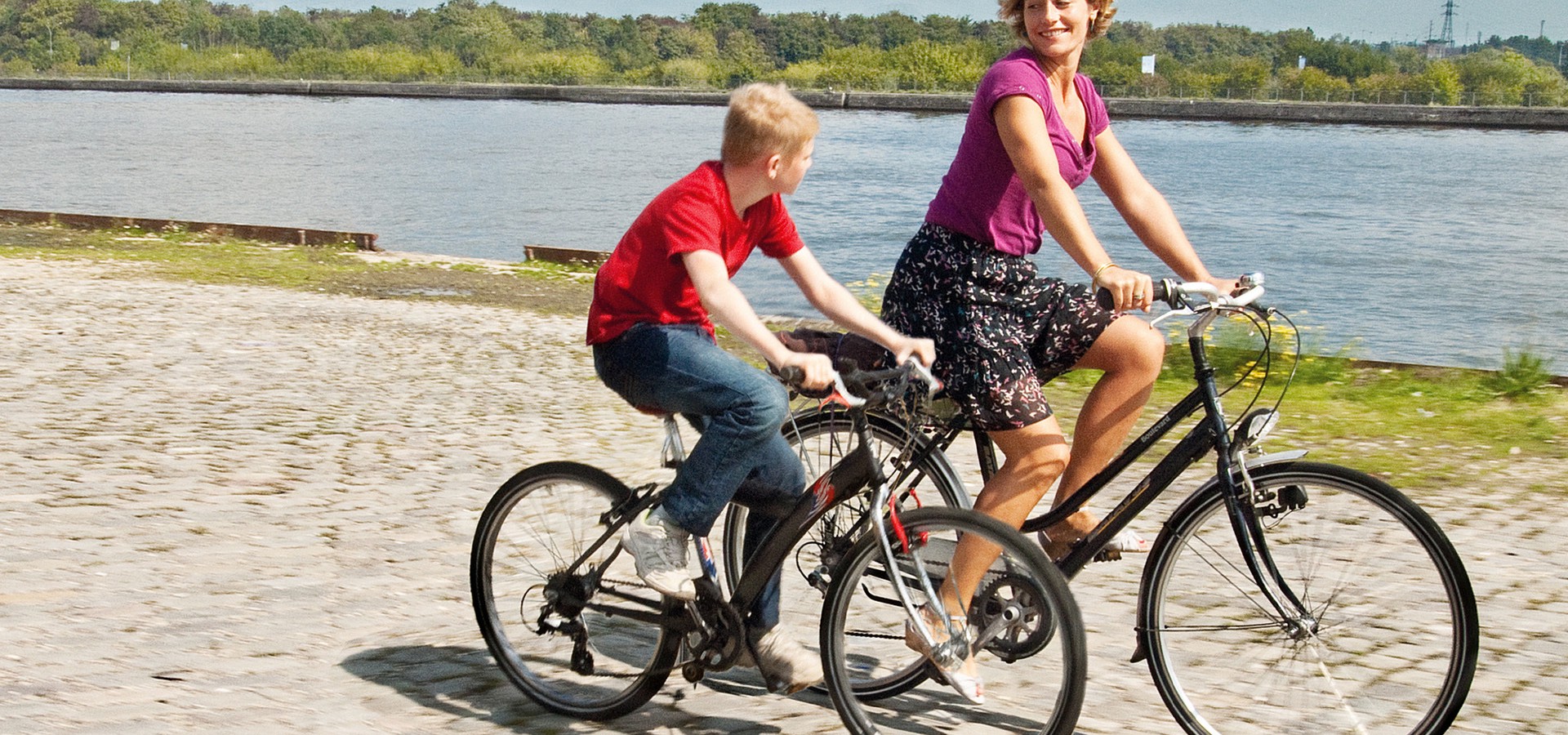
Our pick from Belgium.
It´s not always easy to follow the Dardennes´ vision on cinema. Their films tend to be too close to the audience, too real. Being real often demands them to take a dreary look at life, to be unapologetically harsh, even openly pitiful. All this can be easily perceived in childhood, as the brothers would suggest. What is exclusive from childhood, of course, is the process of self-discovery and a quest for identity, which indeed can be painful. Therefore, this is not an easy film to watch, despite of what its premise might imply: a kid, a bike, and some sort of personal journey in the middle. It sounds melodramatic, if not formulaic. Nonetheless, for the Dardennes, childhood, as life itself, is filled with little conflictive details, little truths that hurt when exposed, certain obstacles that seem even impossible to overcome. It might the absence of a paternal figure, the inner wrath that starts to exteriorize or the need for approval; in any case, the disputes inside little Cyril must be filmed carefully and compassionately, without any judgment, just rapport. This is how childhood makes sense.
First things first. Let´s understand Cyril by getting to know his little world. This is suburb Europe, a placid location to grow up, we might say, although not exempt of certain inner tensions. Cyril grows up without a family, wandering around with his bike, looking for any excuse to leave the orphanage he lives in. His father, very much alive, says he is not capable of taking care of him. At this point, the story turns a little more fictional than what we may expect, as in some fairy tale we used to read as children. Cyril meets Samantha, young and idealist, who decides to take care of the boy as long as possible. This simple act of empathy is the only thing left for Cyril to retain some hope, to try to be better and calm his outbursts. It is what incentivizes him to be better.
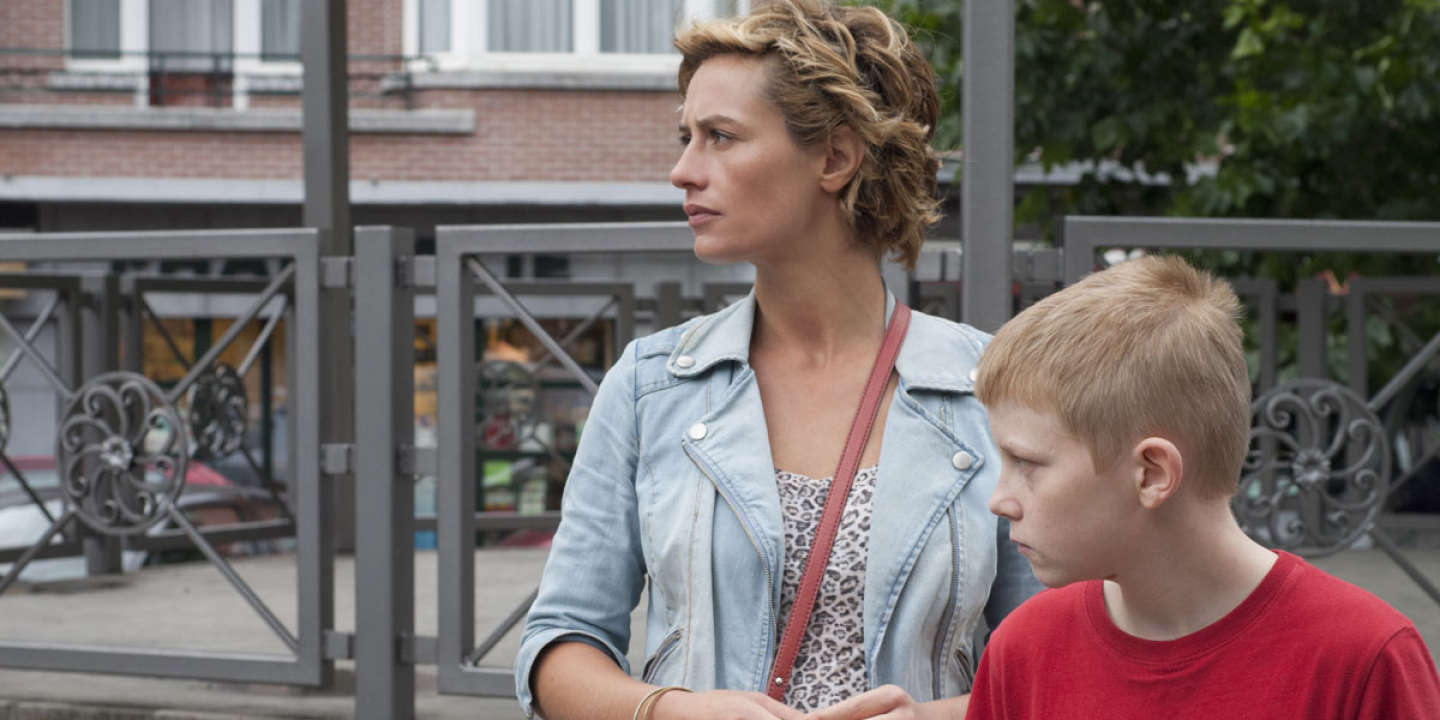
Like other Dardennes´ films, this story exists mainly due to what Blanche Du Bois may refer as “the kindness of strangers”. Should we take this act of solidarity as something likely to happen, even plausible? If we take into consideration that Samantha´s choice is seen very early in the film, it is clear that the mystery remains with us and that we demand an explanation. Later on, we could admit this is another gimmick from the directions to retain our attention. Such a disruptive act can only incentive the audience´s curiosity, which naturally forces us to ask more questions and to be careful with the details, in order to understand the characters´ will.
Who is Samantha? What does she believe in? Why does she decide to do something like this? We get this through subtext. We get that Samantha naturally cares for other, just as any other routinary action, just as any other purpose we might have in our lives. She cares, even as a responsibility, as if she couldn’t afford not caring. Her empathy is assumed almost spontaneously, without much show.
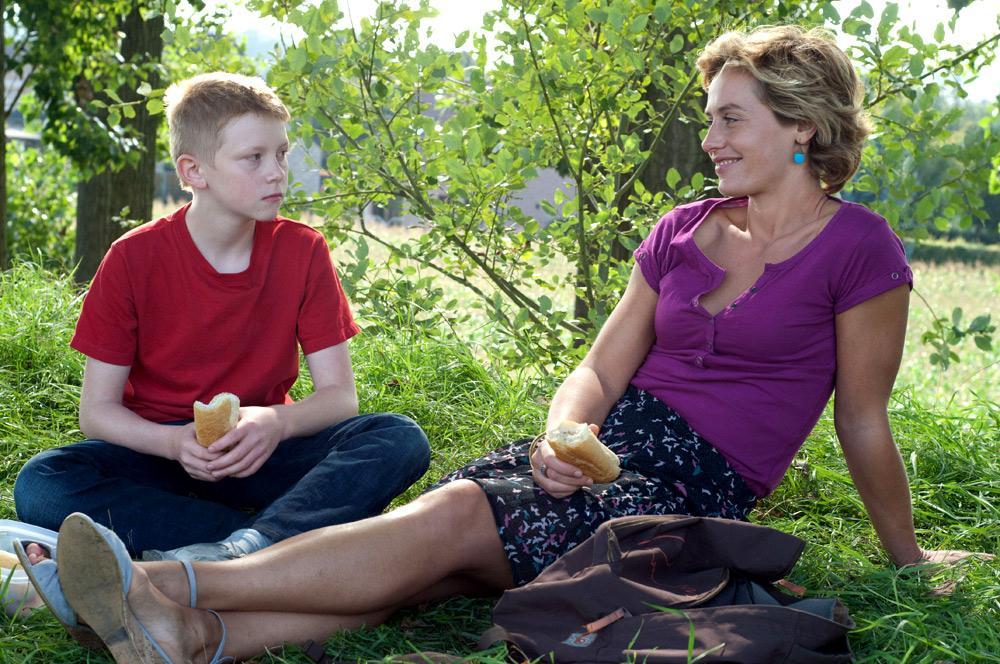
Same questions apply to Cyril. His character seems like a mosaic of different experiences we shared from childhood. A little defiance, a little ingenuity, even a little pain, the kind of indulgent pain only a child can get through, as he is not able to fully understand it. Still, he seems unique and genuine; he is, in fact, a rebel with a cause. This is cleverly conveyed by acting: a delicate performance, explosive when it should be, ready to work to win our hearts, step by step.
In this kind of movies, the action is secondary. The characters´ evolution depend on the routine, on a day-to-day basis, Samantha remains attentive and helpful to Cyril, while him, after some time, begins to accept her not as a mother, but as a protection figure. Paternity is much more complex than it seems. Cyril´s father could take care of his son, but it seems as if his life has been carefully planned and Cyril doesn’t belong in it. Of course, our first instinct is to reject Cyril due to his appalling egoism. Nevertheless, and thanks to Jeremy Rannier’s powerful performance, we kind of accept that most of us would not act in a different way, given the circumstances. Knowing this, we are much tolerable with Cyril´s outbursts and his reject towards Samantha.
All of it is achieved through storytelling, which is privileged by the Dardennes´ focus on the ordinary. The Dardennes prefer lengthy scenes with passages that are picked without much purpose, as if any shot could be replaced with another one. This comes as a surprise. We are used to Hollywood´s sense of predictability, its constant planning and design. As a result, the Dardennes’ stance on spontaneity gives us a sense of freshness, a chance to experience reality as reality itself. This touch of urban life works on different level. The conflict in a scene appears much after than what we are used to. The resolutions don’t seem artificial, and some clichés just evaporate. This makes a lot of sense: life is not like a Hollywood production and sometimes we are tired to pretend it is.
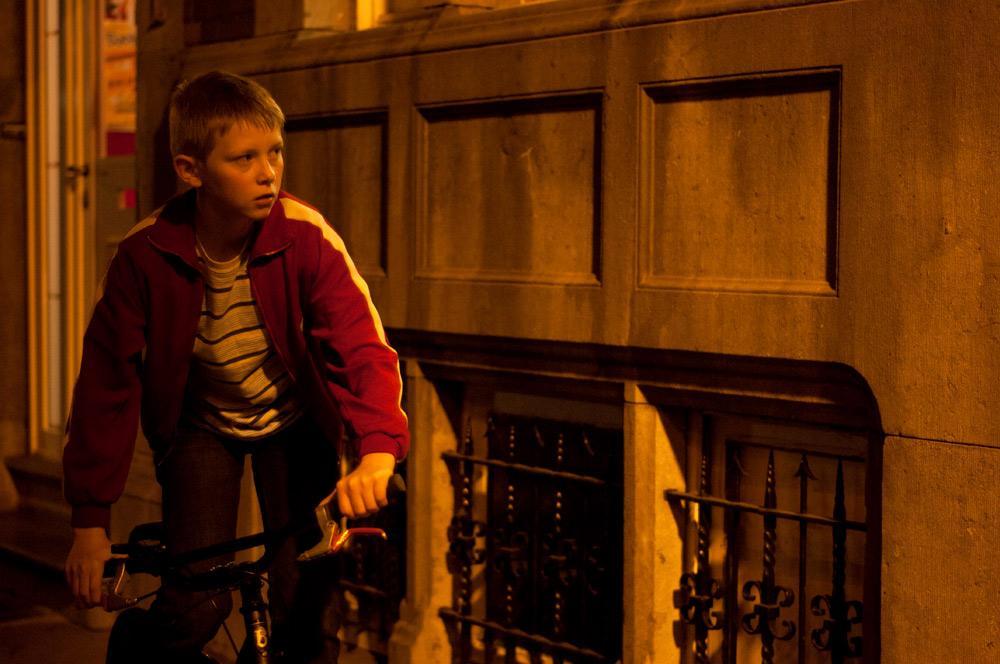
We could say we go to the movies to forget about ourselves for a couple of hours. Even so, movies are not supposed to force us to detach from reality, but to make us look at it with different eyes, more empathetic, more softheaded, more capable to understand the other´s pain and relate it to ours. That is the reason why we still trust in the unexpected relationship, almost symbiotic, between Cyril and Samantha: we simply want to think that is genuine when to people trust each other and try happiness.
Still, in this story there are some other details we must pay attention to. Why did the directors decide to include Beethoven´s music instead of the silent background from previous films? Why did they prefer to shoot this film with so much bright, like enlightening the cold landscapes from industrial Europe? That seems to support the fairytale approach. Let´s be clear: despite the nuanced relationship between Cyril and Samantha, this is still a story on childhood, and therefore it should be filmed as one. This is a child´s story, one in which Cyril´s voice counts. The sweet melody and the colorful shots are elements we can easily associate with indulgence and sentimentality, alongside other archetypes we relate to childhood, which helps us comprehend Cyril´s subjectivity.

In the end, both sides of the film tend to merge. As a film deeply compromised with reality, we doubt that Cyril will get an easy life. In fact, by the images we get in the ending, we might think that dealing with his most explosive emotions will be challenging at least. But, at the same time, the brothers give us one last shot to look at, and to cling on: Cyril and Samantha, wondering around the villa in their bikes, for once in a comfort space, just designed for the two. It might be contradictory, but it doesn’t feel that way. That’s cinema.
